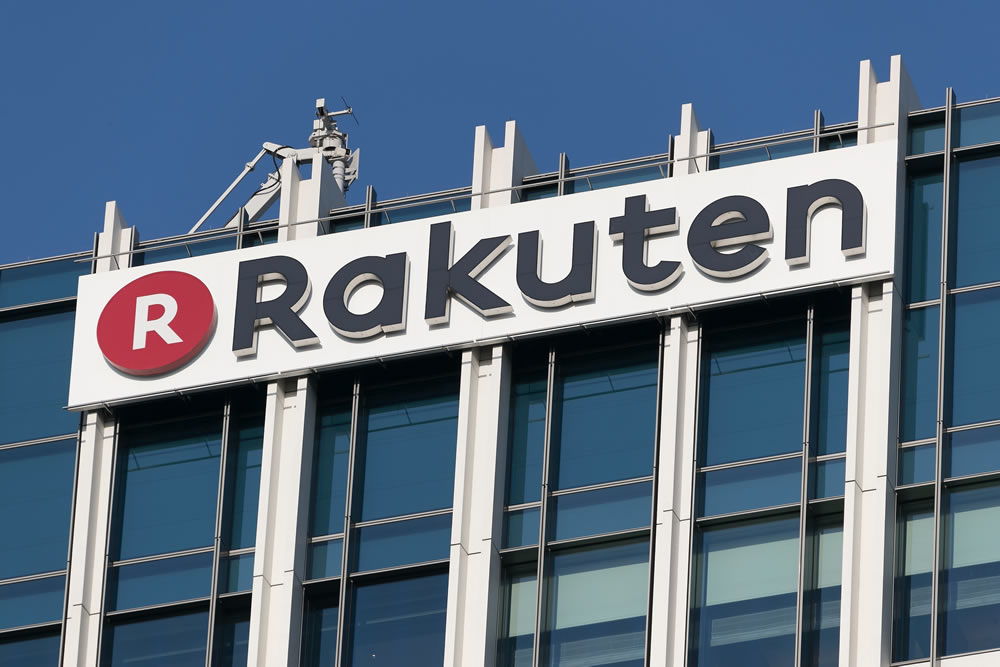2019-1-28 23:41 |
As per a research piece released by LongHash a couple of days back, Bitcoin is still the undisputed alpha of the crypto world. To put things into perspective, the study shows that the premier asset has more active wallet addresses than the next four coins (from the POV of total market cap) behind it.
In terms of determining the popularity of a crypto project, LongHash’s research team believes that using the number of ‘active wallet addresses’ associated with an altcoin is a better metric than employing its overall market cap. On the subject, the study notes:
“Wallet addresses help measure a cryptocurrency’s ‘foot traffic’. Thus, by looking at the number of unique participants engaging with a cryptocurrency, we can better understand its popularity.”
A Closer Look at the StudyFor their study, the folks over at LongHash took into consideration the wallet activity associated with today’s top 5 digital currencies for a period of seven days.
Upon the completion of this timespan, the research team found that total number of active Bitcoin addresses came up to an impressive figure of 592,090 (a no. that is twice more than Ethereum’s address count of 217,482).
Similarly, even though XRPs market cap may currently outweigh that of Ether’s, it is worth noting that the latter by far is “more popular” in terms of total active addresses. This can be attributed to the fact that Ethereum currently possesses one of the most active and dynamic dev communities in the world today.
Lastly, EOS and BCH possess a total of 63,327 and 19,713 active addresses respectively.
Final TakeA highly interesting nugget of information that the study puts forth is that through the course of the 2018 bear market, Bitcoin’s overall blockchain activity has remained remarkably strong (with around 400,000 wallets being active within the asset's ecosystem at any given time).
Such high usage rates demonstrate the growing clout of digital currencies and how more and more people are slowly turning to them in favour of conventional bank-based services.
origin »Bitcoin (BTC) на Currencies.ru
|
|























